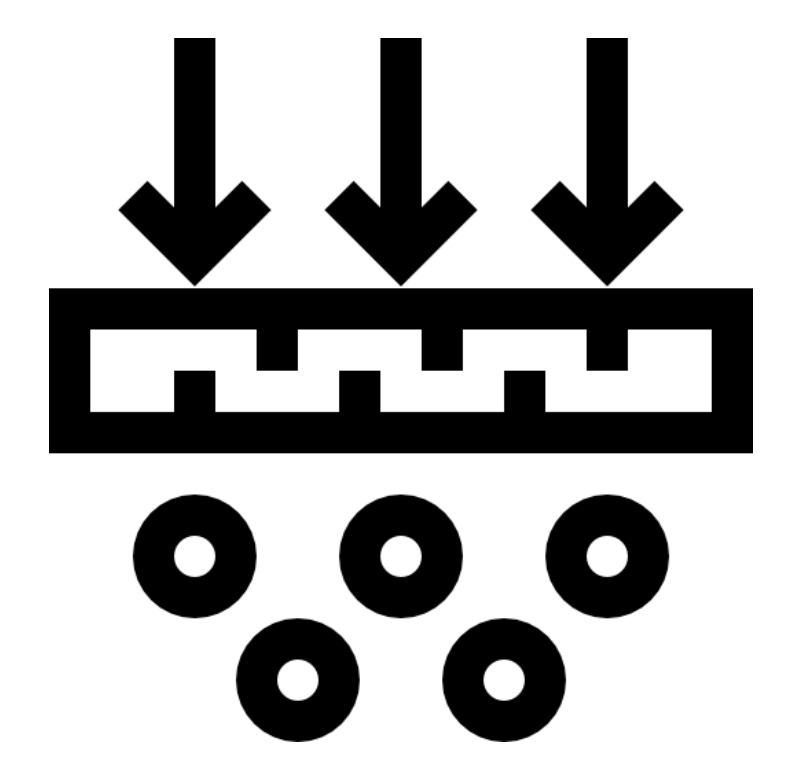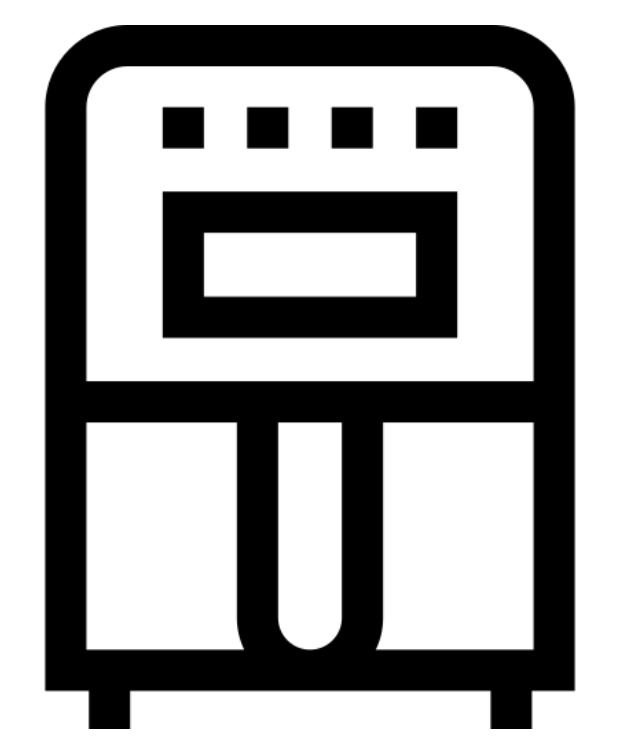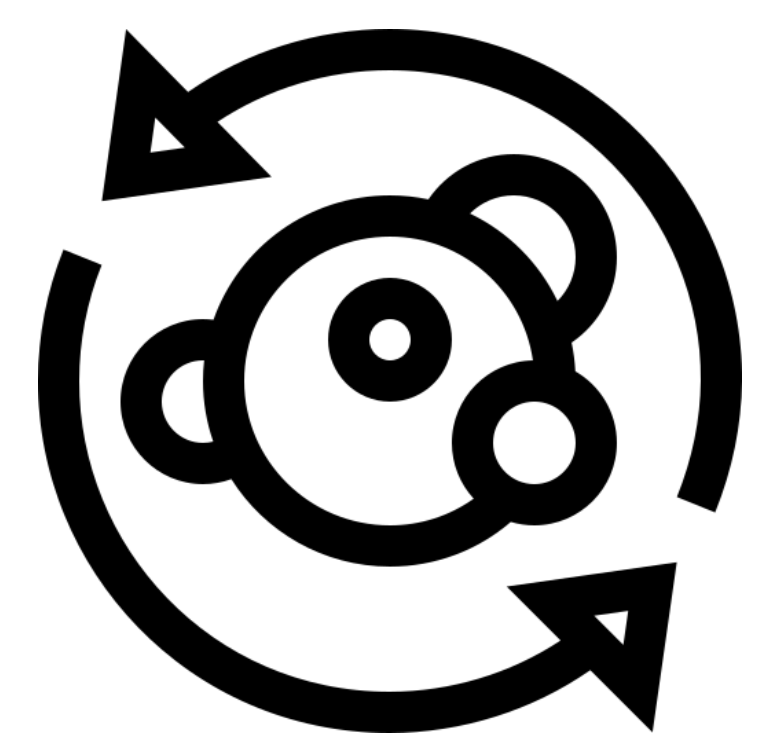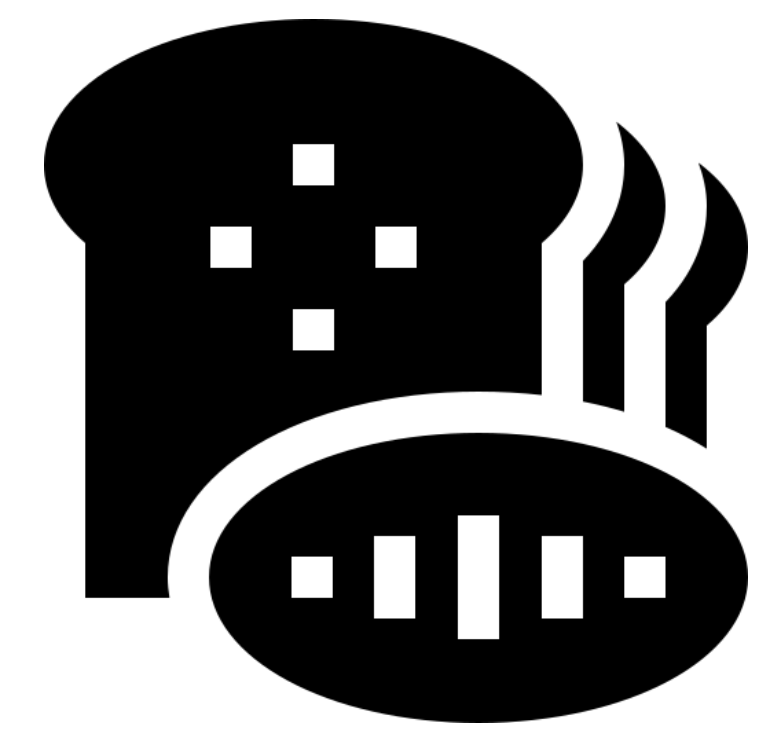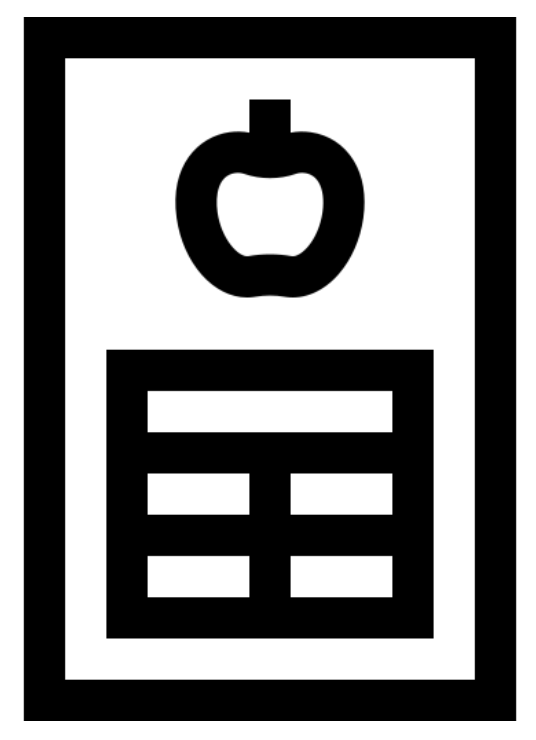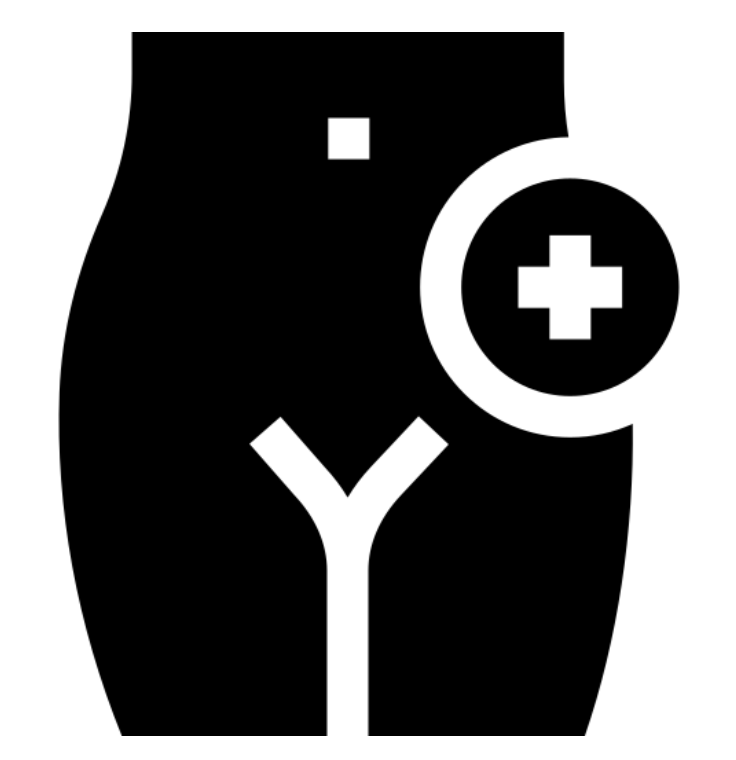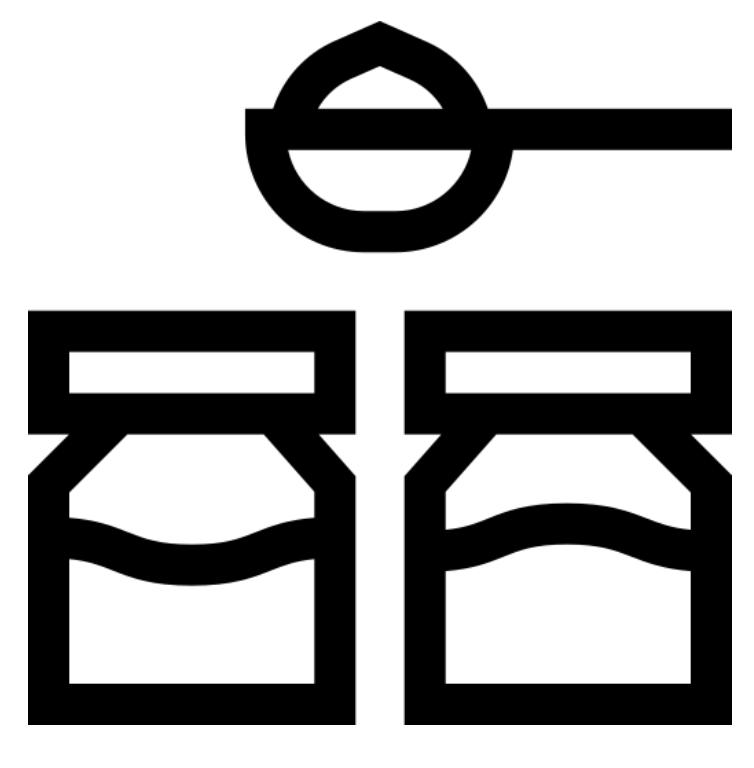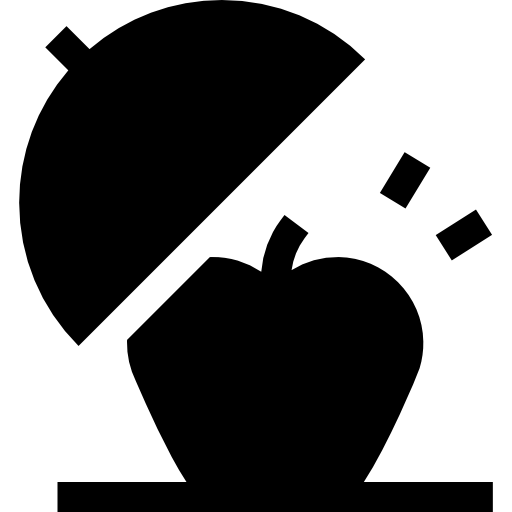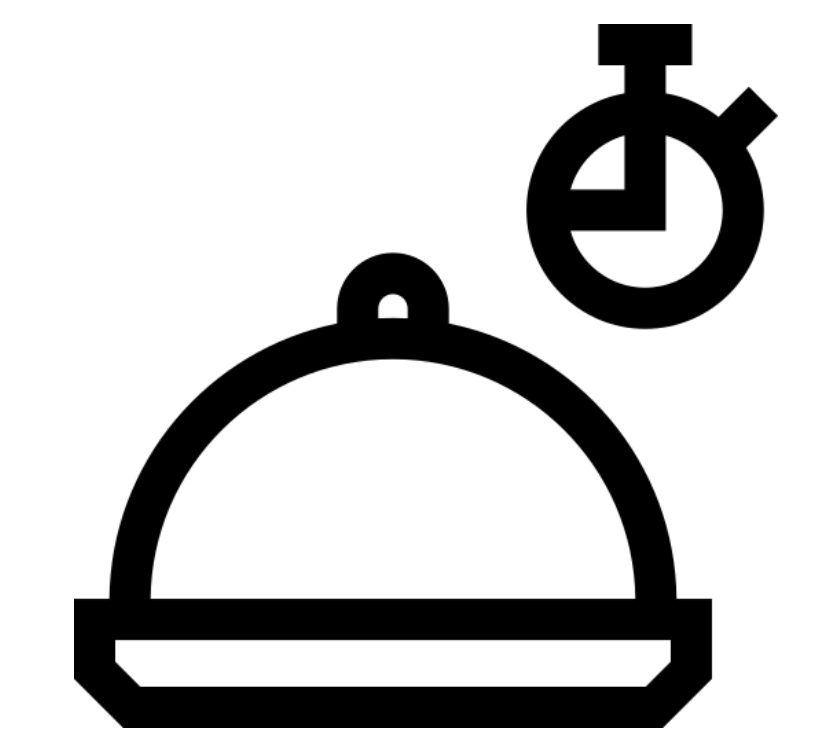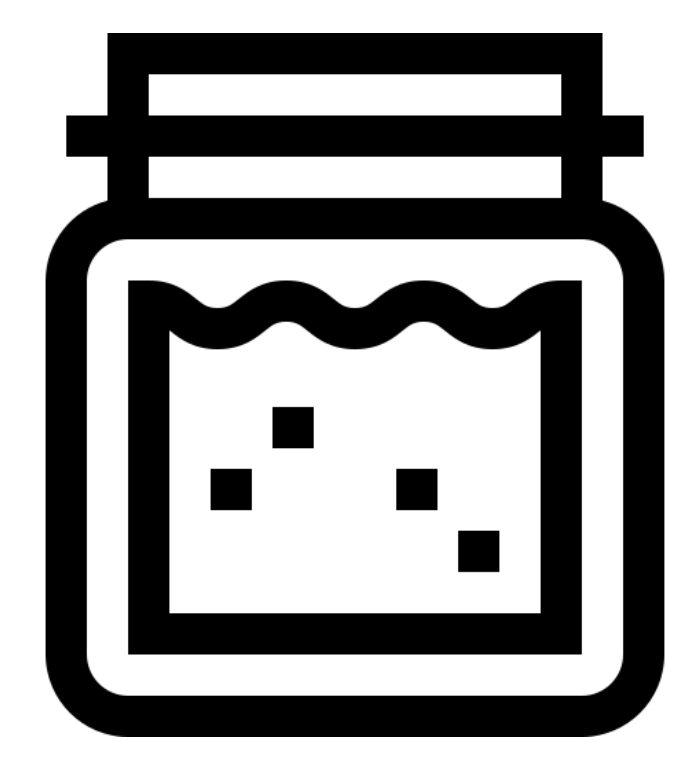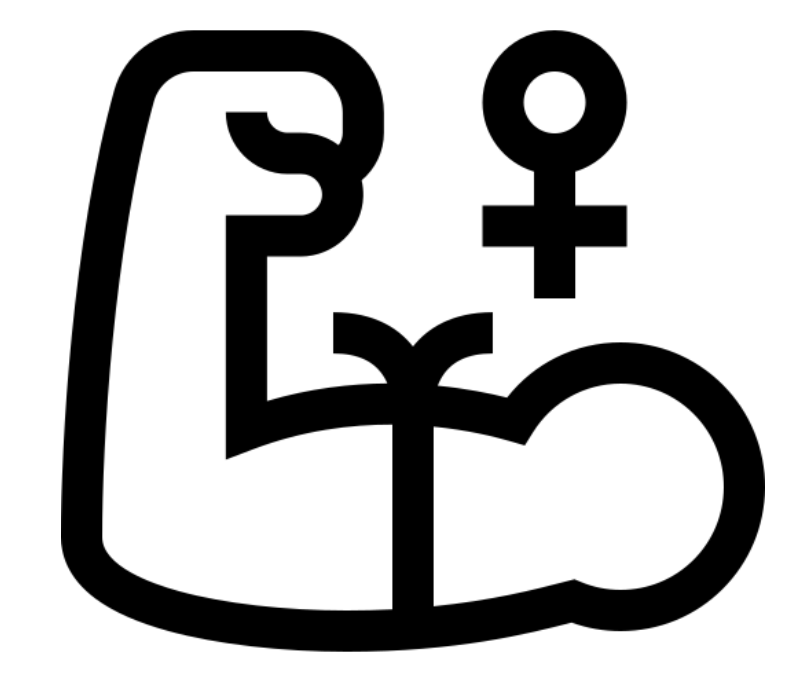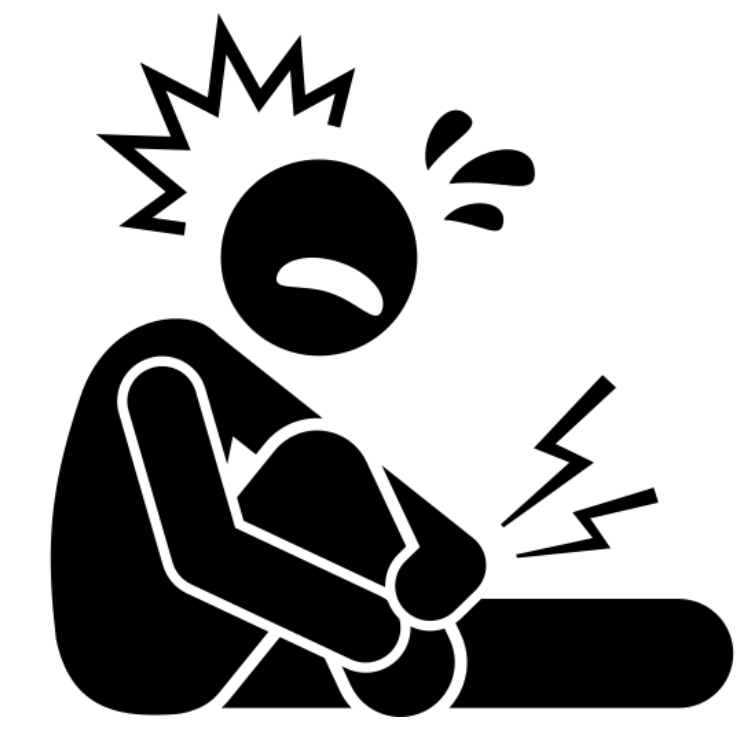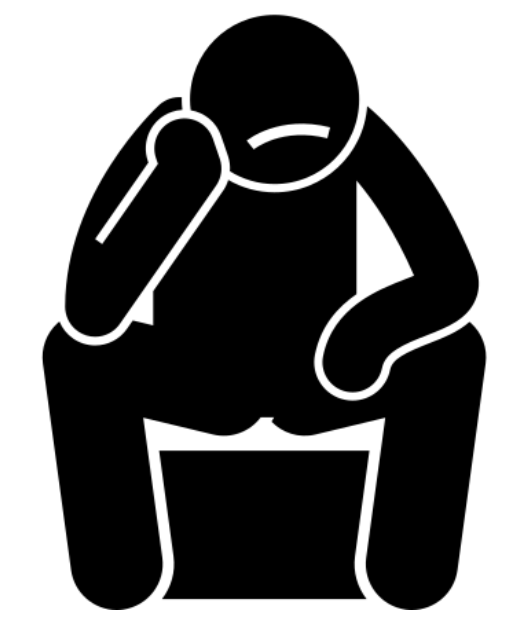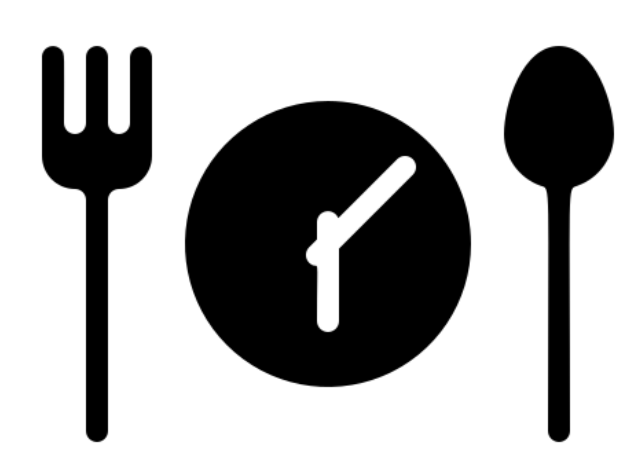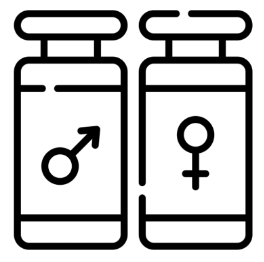
What is Gluten?
With millions suffering from gluten intolerance and celiac disease, awareness of gluten has grown significantly. But do you really know what gluten is, how it affects the body, and why some people feel better after cutting it out—or supporting their gut with a cleanse like Flush GBI?
What Exactly is Gluten?
Gluten is a group of proteins found in certain grains—most notably wheat, barley, rye, and triticale (a wheat–rye hybrid). The two main proteins, gliadin and glutenin, give bread and baked goods their stretch, chewiness, and ability to rise.
When flour is mixed with water, these proteins form a flexible network that traps air and moisture, creating the structure we associate with bread, pasta, and pastries. Without gluten, many baked foods lose that texture, which is why gluten-free alternatives are so tricky to perfect.
Why Gluten Can Be a Problem
For most people, gluten is simply another protein. But for others, it can trigger significant gut and immune problems:
-
Celiac disease – an autoimmune disorder where the body mistakenly attacks the small intestine after gluten exposure. This leads to inflammation, nutrient deficiencies, fatigue, and long-term gut damage if untreated.
-
Non-celiac gluten sensitivity – not autoimmune, but still associated with bloating, brain fog, headaches, and fatigue after gluten-containing meals.
-
Dermatitis herpetiformis – a skin condition linked to gluten, causing itchy blisters and rashes.
Even without celiac disease, gluten-heavy diets can burden the gut, contributing to bloating, sluggish digestion, and a toxic build-up of poorly digested proteins in the intestines.
Are People Avoiding Gluten Unnecessarily?
If you have celiac disease, wheat allergy, or gluten sensitivity, avoiding gluten is essential. Around 1% of the population has celiac disease, and another 6–7% are thought to be sensitive to gluten.
But if you don’t fall into these categories, there’s no direct need to avoid gluten. In fact, unnecessarily cutting gluten without guidance can sometimes result in low fiber intake and nutrient gaps.
That said, many people still feel lighter, less bloated, and more energized when they reduce gluten—not necessarily because of the gluten itself, but because they are cutting down on processed foods and reducing the toxic load on their digestive system.
Where Flush GBI Comes In
This is where Flush GBI (Gut, Bowel, Intestines) plays a powerful role.
If your gut feels heavy, sluggish, or bloated after gluten-rich meals—or processed foods in general—it’s often due to toxins and waste building up in the intestines. Flush GBI helps by:
-
Clearing out trapped waste that contributes to bloating and discomfort
-
Flushing toxins that can build up from processed or gluten-containing foods
-
Resetting the gut so digestion works more efficiently and nutrient absorption improves
Even if you don’t have a medical reason to avoid gluten, supporting your gut health with a natural cleanse like Flush GBI can help restore balance and reduce the digestive burden of modern diets.
Final Word
Gluten itself isn’t “bad” for everyone—but for many, it contributes to digestive stress and toxic build-up over time. Whether you have celiac disease, gluten sensitivity, or simply notice your gut feels sluggish after gluten-heavy meals, taking steps to support your digestion is key.
A varied diet rich in whole foods helps.
And when your gut needs an extra reset, Flush GBI gives you the clean slate to feel lighter, clearer, and toxin-free.




